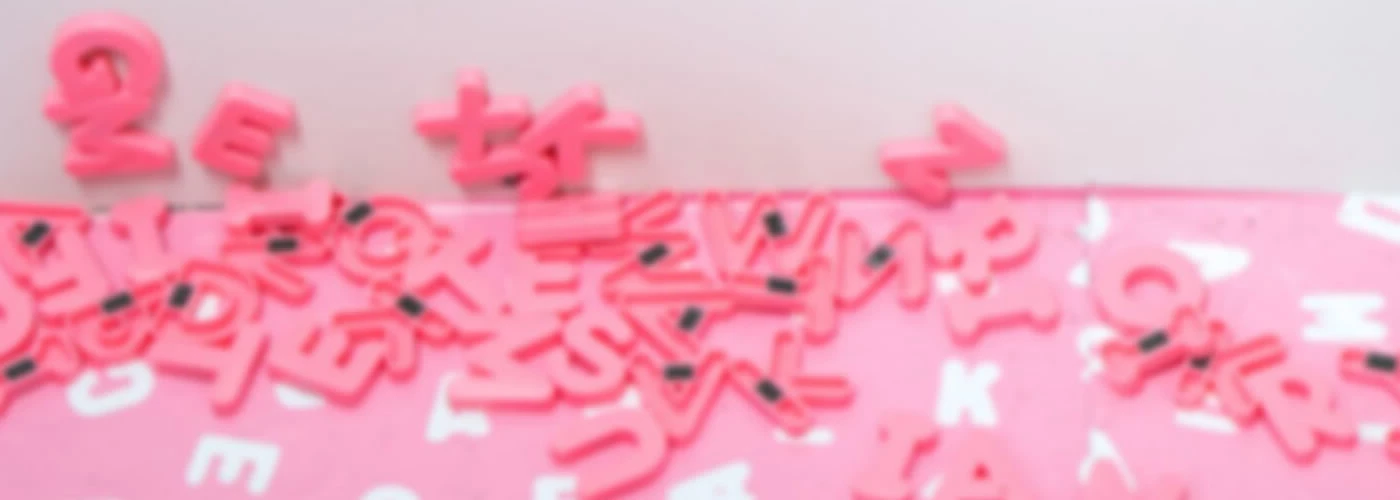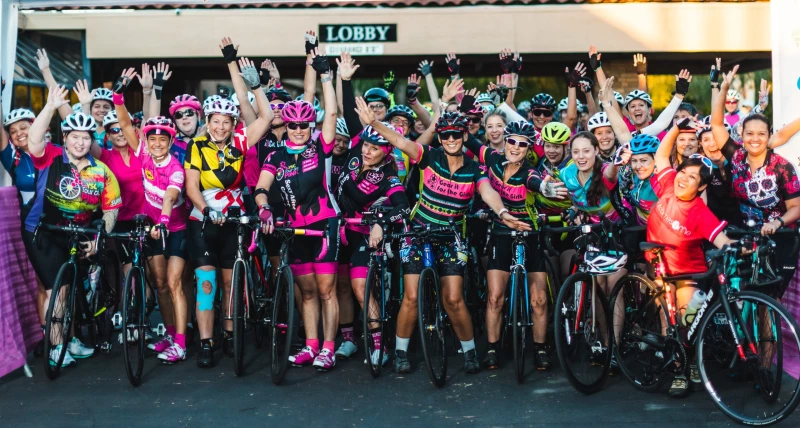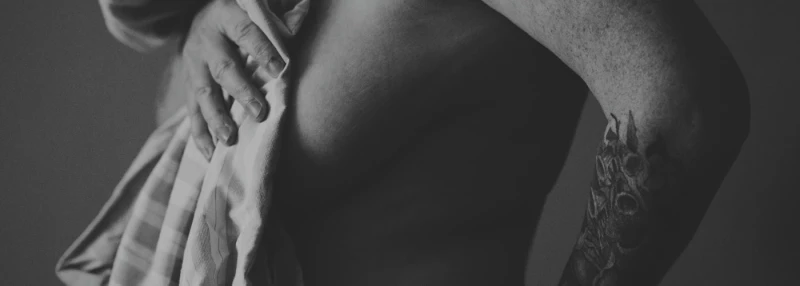Editor's Note: This post was originally published in 2019 and has been updated for accuracy and comprehensiveness.
October is coming, and so is the mixed blessing of Breast Cancer Awareness Month, or BCAM as we like to call it.
The Two Sides of Breast Cancer Awareness Month
BCAM is a 2-sided coin in our community. On one side, we want to celebrate successes with treatment, managing breast cancer side effects and handling one of the most impactful experiences of our lives.
"Expectations that come with the pink ribbon in October can be overwhelming, isolating, infuriating and bewildering."
Awareness is also important to us. We continually hear from our community that people assume they are too young for breast cancer. These assumptions can delay life-saving medical treatment.
On the other side, expectations that come with the pink ribbon in October can be overwhelming, isolating, infuriating and bewildering. Especially if these expectations involve that we showcase ourselves - that we’re happy, positive and 100% “in” for 31 days.
So let’s hold those two things side by side. Let’s honor that it is a good thing. Let’s also honor that it can be a challenging thing.
What can we do about it? How can we allow ourselves grace during a time when we want to honor and respect everyone’s path, including our own, through an intense celebratory month?
A Few Things to Consider About BCAM
- Everyone gets to experience BCAM the way in which they need and want to.
- This means that there may be people who are truly ready to don the pink boas, run the 5K or stand up during events to be recognized.
- This means that there are people who want to stay home in a quiet space where they feel safe and outside of expectations they don’t much like anyway.
- The important thing in this is that both things can exist, and we need to honor both of them.
We can set boundaries. We can say no. It’s okay if [fill in the blank] does not understand or agree with your decision.
How can you take care of yourself during this time? How can you honor and respect the decisions of others during this time? How can you, if you are someone who celebrates publicly, during the month prepare to take good care of yourself afterward?
Most Importantly: Do What’s Best for You
Making a list is a powerful thing. Make a list of what you’re doing, don’t want to do and how you’re going to take care of yourself after BCAM. It could be sitting quietly and not talking to anyone or getting a massage or [you know what you like to do the best].
Join Now
Another aspect of BCAM is that the pink ribbon doesn’t feel like it includes our metastatic friends. I encourage us all to engage those who are metastatic and ask them what supports them. How can we help? They are the best teachers of how they want to be included.
Sometimes, there is a lot of conversation around where all this money is going. I challenge all of us to turn those questions and feelings into action. You have access to state and federal representatives who work for you. Ask them what they know about where the money goes. When you’re asked to participate in an event, find out the mission of the organization or company that’s gotten in touch with you. Ask up front where their efforts are going. You can then determine if you agree with their philosophy and mission.
Giving permission to all of this is probably the most important piece. Do what makes the most sense for you. Know that is not a selfish thing. It is a gift.
 Jean joined YSC in 2011 with a background in clinical oncology social work. She is a licensed clinical social worker, a certified oncology social worker and a certified journal therapist. Her focus includes the crafting, piloting and implementing of supportive and educational programming for young breast cancer survivors, co-survivors and healthcare providers. As a certified journal therapist, Jean crafted an original program addressing re-establishing intimacy after breast cancer as well as continuing education journal writing programs for mental health and nursing professionals regarding compassion fatigue and self-care. She holds a master of social work from the University of Georgia and a bachelor of arts from the University of South Carolina.
Jean joined YSC in 2011 with a background in clinical oncology social work. She is a licensed clinical social worker, a certified oncology social worker and a certified journal therapist. Her focus includes the crafting, piloting and implementing of supportive and educational programming for young breast cancer survivors, co-survivors and healthcare providers. As a certified journal therapist, Jean crafted an original program addressing re-establishing intimacy after breast cancer as well as continuing education journal writing programs for mental health and nursing professionals regarding compassion fatigue and self-care. She holds a master of social work from the University of Georgia and a bachelor of arts from the University of South Carolina.



